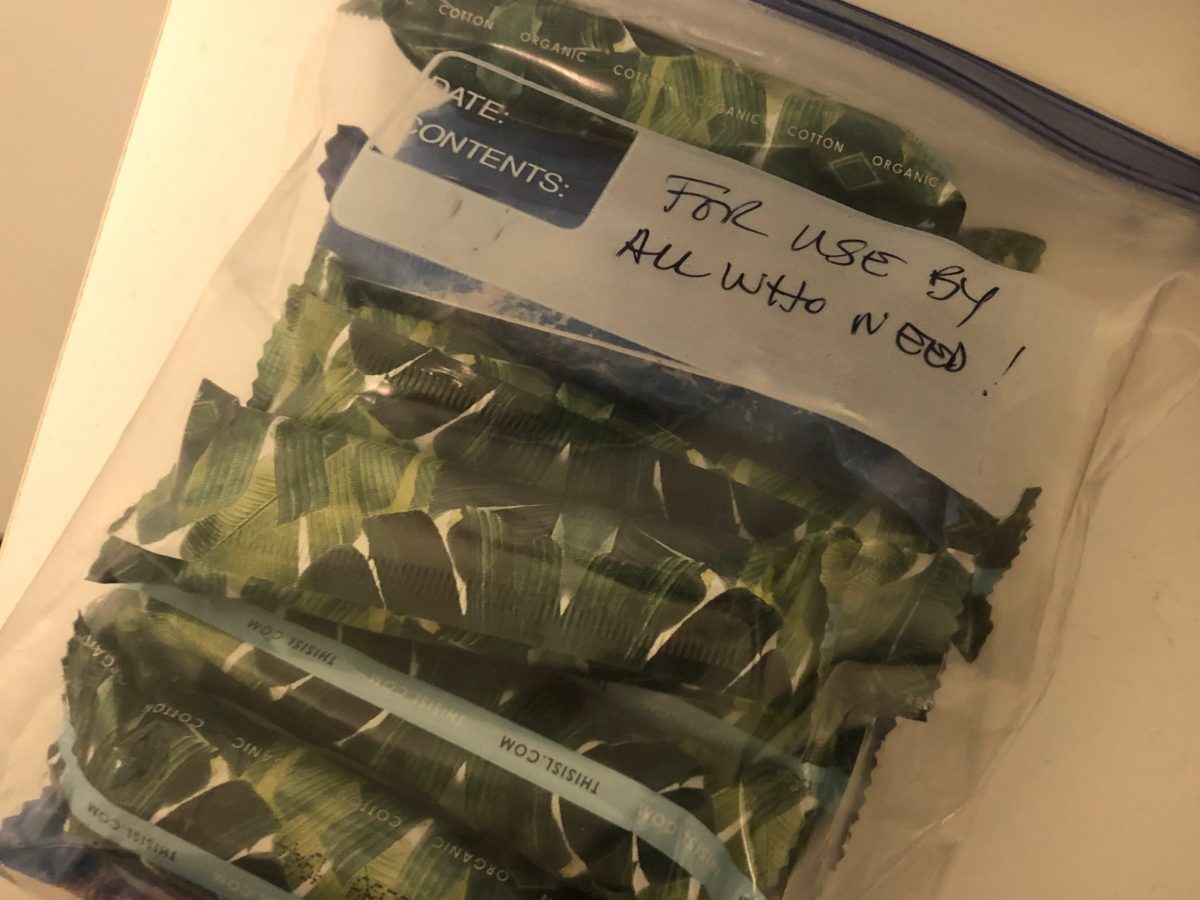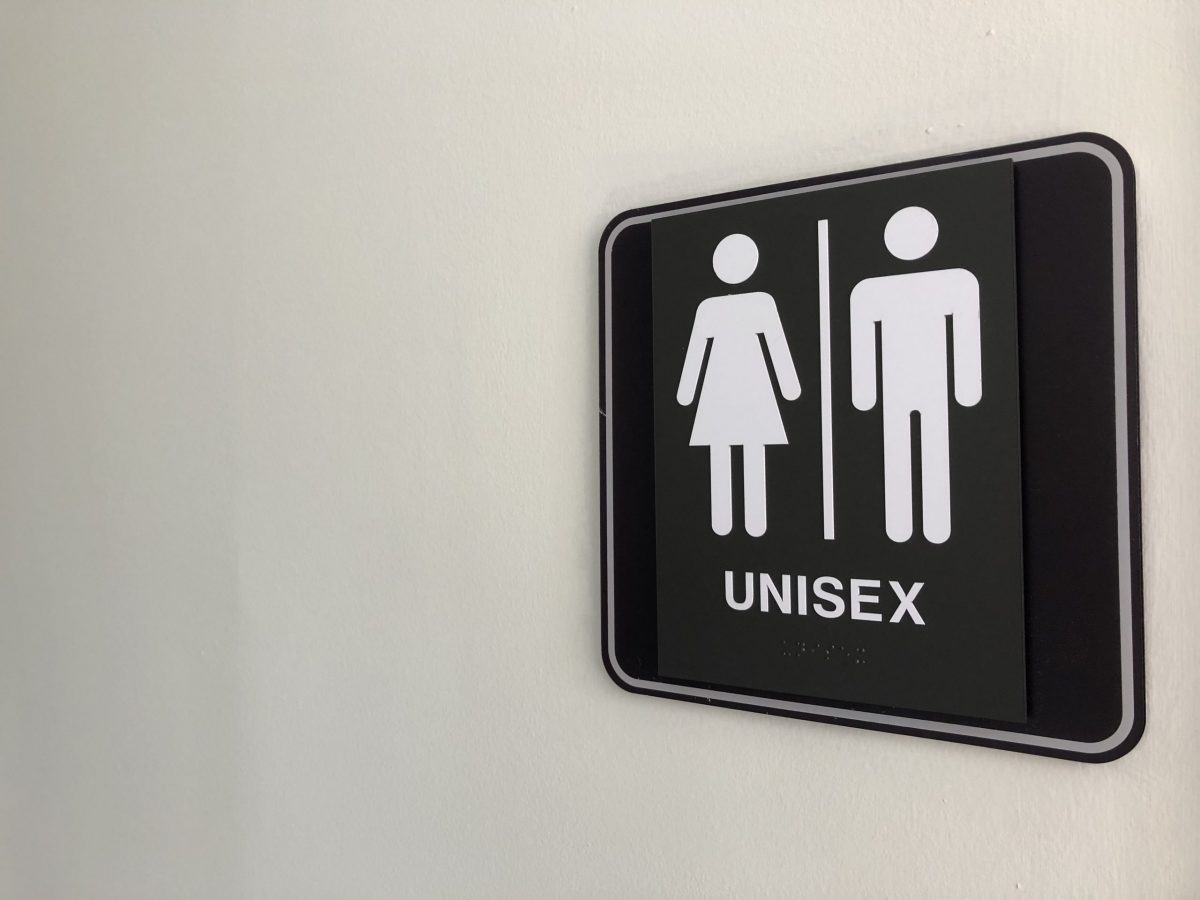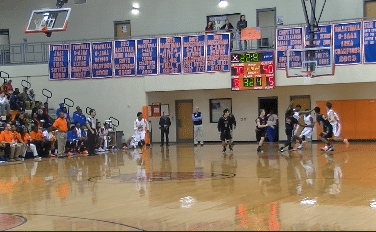For some students at the University of Georgia, finding a restroom on campus doesn’t take a second thought. For others, it can be a stressful endeavor.
Many transgender and gender-nonconforming college students opt to use the university’s designated gender-inclusive restrooms instead of the traditional men’s and women’s offered in every building. Gender-inclusive restrooms may also be called “unisex,” “gender-neutral” or “single-stall” restrooms.
Why It’s Newsworthy: The increasing visibility of LGBTQ+ people across the country has lead to institutions like universities seeking to implement more inclusive resources.
Having the option to use a single-stall, gender-inclusive restroom helps gender-nonconforming students avoid the discomfort associated with having to choose between restrooms when neither align with their gender identity. This year at UGA, officials are taking the next step to provide gender-nonconforming students with easier access to information on gender-inclusive restrooms by adding a map of them to the UGA app.
“For gender non-conforming students, they are kind of the restrooms to use. It’s kind of a ‘We don’t care, just wash your hands’ thing,” said Dakota Roberson, a second-year student at UGA. “I don’t have to decide like, ‘Do I go the bathroom of my sex or my gender?’; it’s just, ‘Here’s a toilet’ for anyone.”
In an email interview with Janyce Dawkins, the director of UGA’s Equal Opportunity Office, she explained the restrooms were specifically designated as gender-inclusive in 2014 after receiving feedback from students and others at UGA. According to the College Equality Index, over 150 colleges in the United States have adopted gender-inclusive restrooms in recent years.
“We had discussions with members of the UGA Community who were transitioning and determined that we needed to provide restroom facilities that would not make any member of the UGA Community uncomfortable,” said Dawkins.

Since the implementation and expansion of the restrooms across campus, EOO representatives said they have received positive feedback from the students who use them.
Connor Giresi, a member of the Student Government Association and a student liaison to UGA’s LGBT Resource Center, said while the date of the map’s release on the UGA app is not yet confirmed, a celebration including an unveiling of the app’s new feature is set for mid-March.
“Our goal was to represent the ‘T’ in LGBT,” said Giresi. “It’s a feeling of, ‘Oh, I can go here and it will be a judgment-free zone for me to do what I have to do and go on with my day.’It’s just something for people who don’t feel comfortable following the norms.”
(Map/Kala Horvat)
Currently out of the 465 buildings on campus, more than 50 of those buildings have at least one gender-inclusive restroom in them. As far as plans for adding more in the future, Giresi said the idea has been in conversation but not yet confirmed by university officials.
“This is just showing what UGA already has and trying to make the best of our campus,” said Giresi.
Roberson said adding a map of all gender-inclusive restrooms to the UGA app is a huge step in the right direction. In addition to including maps of gender-inclusive restroom locations, she would like to see the university address mapping of accessible restrooms for people with disabilities, restrooms with baby changing stations and implementing menstrual products across all restrooms regardless of gender.
“I would love to see an initiative like that from the university. Saying like, ‘Hey we actually care about LGBT students, here’s how we’re gonna prove that we do,’” said Roberson.
Kala Horvat is a senior majoring in journalism in the Grady College of Journalism and Mass Communication at the University of Georgia.









Show Comments (0)